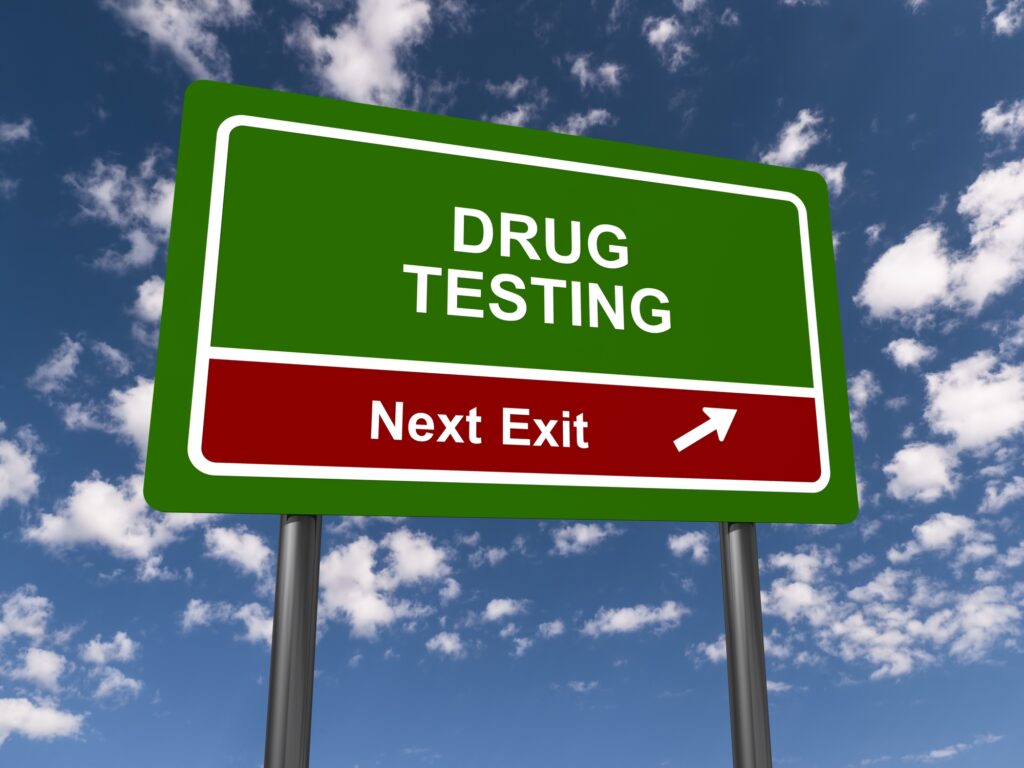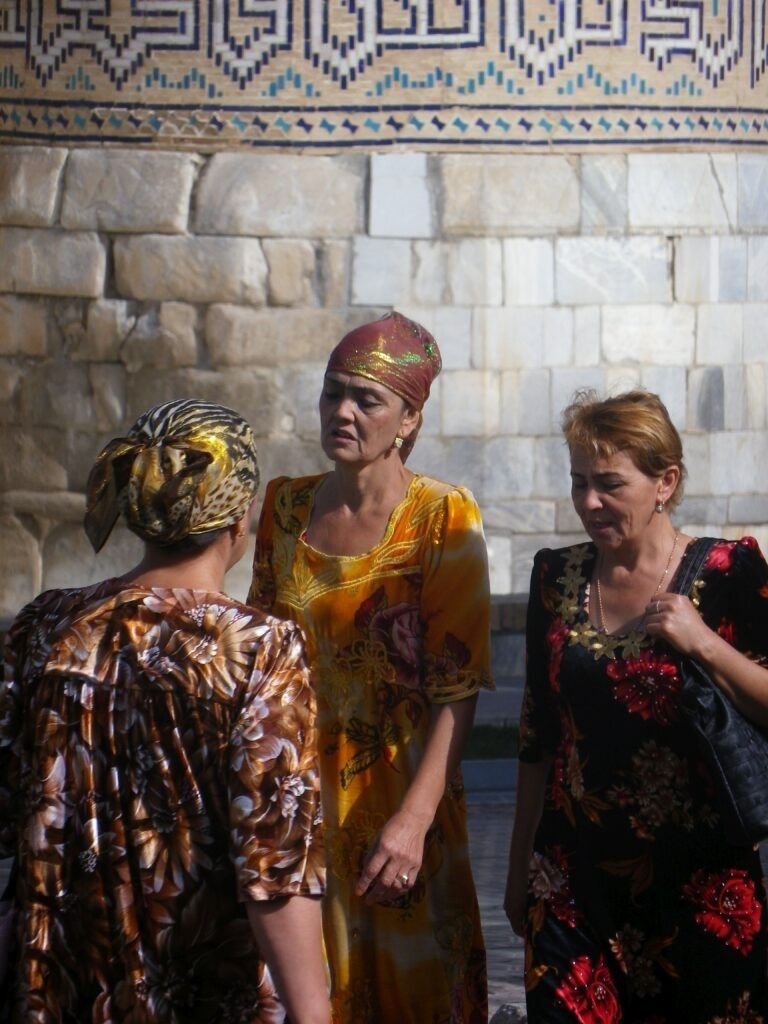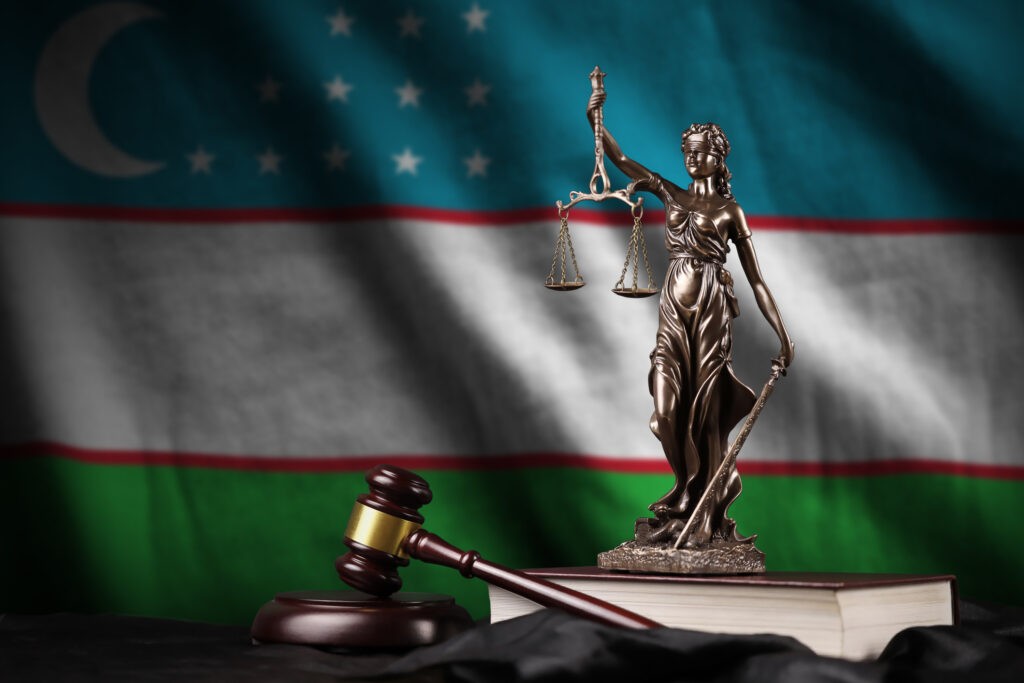Farmers in Uzbekistan to Receive 60,000 Hectares of Land
A February 12th meeting chaired by President Shavkat Mirziyoyev focused on the topic of increasing fruit and vegetable production and exports in Uzbekistan, and an additional 60,000 hectares of land will be given to the local farmers with this goal in mind. Government data indicate that an extra $200m can be made in exports on an additional 1.5 million tons of agricultural products from such a move. The meeting also underlined the significance of teaching young people how to farm and keeping them employed across the farms of Uzbekistan. It was also noted that an extra $1bn worth of goods could be produced by introducing industry and collaboration to the farmsteads and land plots that the local population is being awarded. Credit resources worth one trillion som will be allotted for this. These loans are provided for cooperating to produce goods, purchase machinery, and fund working capital up to 100 million sum ($8,100) without collateral, or up to 150 million sum ($12,100) with 50% loan collateral. Ten thousand machines will be leased to farmers and farm laborers for a total of 10 years, with an additional three-year grace period. The three-year customs privilege will be extended for mini tractors and imported/leased cultivators. At the meeting, further steps were taken to encourage the production of fruits and vegetables in greenhouses. Officials mandated a revision to the crediting system for greenhouse farms. Mirziyoyev assigned the task of constructing up to 200 compact greenhouses measuring 10 square meters each, which must be handed over to farmers for use, after endorsing the experience of constructing fuel-free, small greenhouses. Unsecured loans up to 100 million sum ($8,100) will be made available for those greenhouses under the Family Business farm-credit program.








